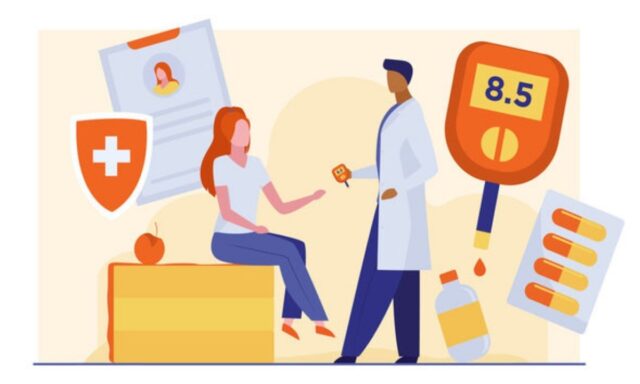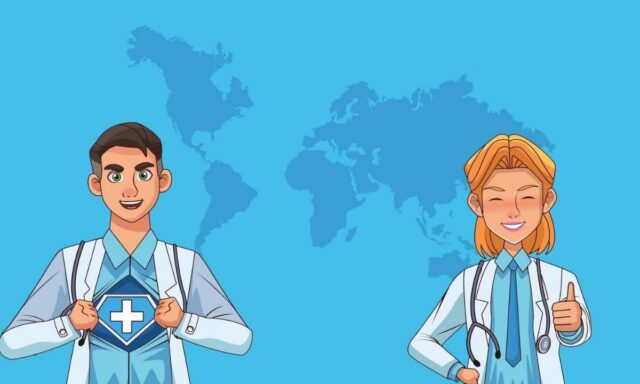The ’20s of a woman’s life ring the alarm bells towards a cautious future. With her entering the most adventurous phase of her life, the need to take care of her health increases. It is important and advised by several gynaecologists and healthcare practitioners that women should get necessary health screening tests.
This helps detect potential health risks which are still treatable. They need to be done periodically throughout one’s life but their nature changes as one advance in age. But managing to carve out time from one’s busy schedule to get these tests done is like rewarding your body for everything it does for you.
Determined to begin but confused about where to get started? Do not worry, we have put together a comprehensive list to help you get started.
The One-Stop List To Health Check-ups
1. Pap Smears –
Even though you are sexually active or not, you should get a pap smear once every three years right after you enter your 20’s. Pap smears help detect signs of cervical cancers.
Your doctor can recommend you smears more or less frequently depending on your health conditions. Older women with a negative HPV test can have smears at a lesser frequency rate.
Also Read- ResearchED: Sexual Violence And Climate Crisis Are Linked To Each Other, This Is How
2. Screening for Sexually Transmitted Diseases (STD’s) –
If you engage in sexual activity with more than one partner or a new partner, it is advisable to get an annual screening done for STD’s. This helps detect diseases like chlamydia and gonorrhoea. These are easy and quick and will allow you to get treated sooner.
3. Breast Cancer Screening–
Women should get tested for breast cancer which usually includes a clinical screening and mammogram observation. This will help detect the presence of tumours (malignant or benign) in your breasts and will help you get treated accordingly.
If you have a family history of breast cancer, the doctor might screen you for some dangerous types of cancer which are linked to certain genes (BRCA1 or BRCA 2). If you are perceived to be at risk, your doctor might recommend specific genetic counselling or BRCA testing.
4. Blood Pressure–
A blood pressure diagnosis is important since abnormal blood pressure can lead to several risks. If detected over 140/90, you might need to get it checked frequently.
If it’s under 120/80, you might need to get it checked every two years. Those with high blood pressure might also need to be tested for diabetes as well. Higher blood pressure can lead to other serious problems like stroke, kidney failure, heart problems and even brain haemorrhage.
5. Cholesterol–
Higher cholesterol is an indicator of a greater risk of heart diseases. This makes it important for you to get your cholesterol levels checked.
If your LDL or bad cholesterol levels are above 130, you might be required to get it checked annually, but if lower, waiting three years before getting checked again must be fine.
Is This All?
This was the list of all the major health check-ups women in their 20’s must get done. While extremely important, this list isn’t exhaustive and a lot of other tests could be added to the list.
If you are concerned about your health or are just curious, you should visit your doctor. They will be able to give a precise suggestion based on your physical attributes and medical history.
These tests will help you live a healthy life so that you can achieve all that you’re capable of while keeping your medical tensions at bay.
Image Source- Google Images
Sources- Times Of India, Medline Plus, Healthline
Find The Blogger- @Akanksh65505461
This post is tagged under- women, women health, health awareness, health check-ups, women in her 20s, cancer, blood pressure, pap smears, blood test, cholesterol levels, heart diseases, health risks, gynaecologists, sexually transmitted diseases, breast cancer, HPV, cancer screening, tensions, kidney failure, heart diseases, kidney stones, overweight, underweight, how to stay healthy, best ways to stay healthy
Other Recommendations-
ED VoxPop: What Does Gen Z Think Of The Idea Of Love As Compared To Millennials And Boomers?





































